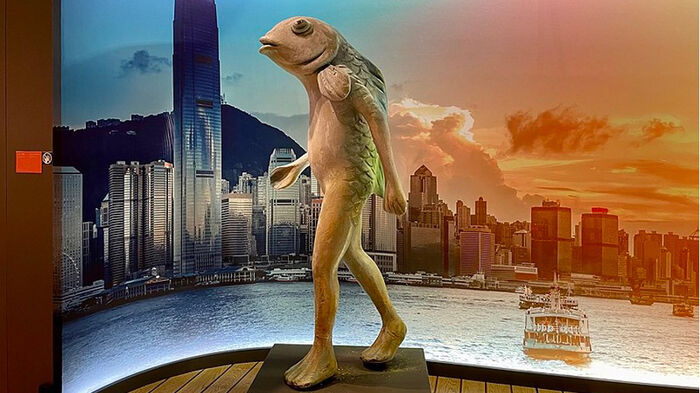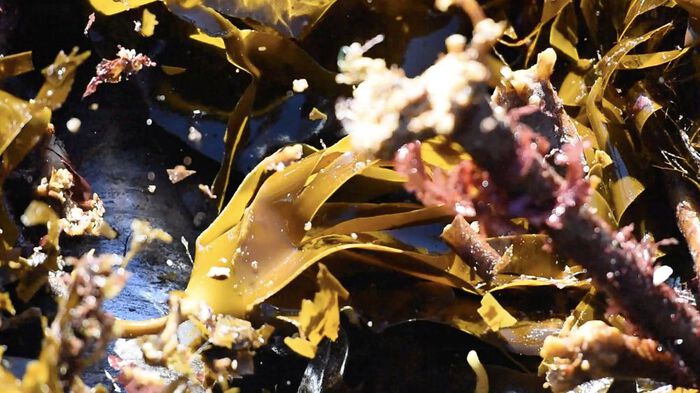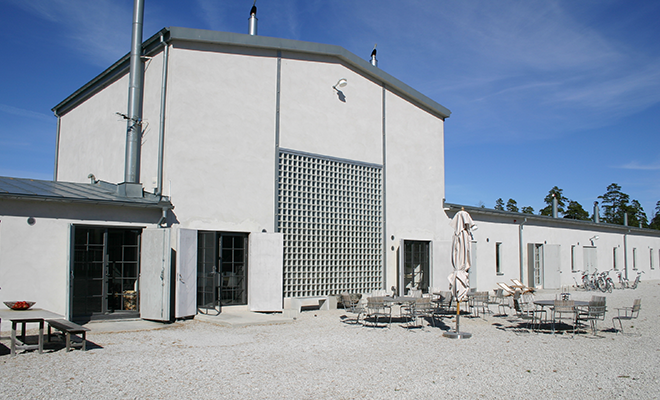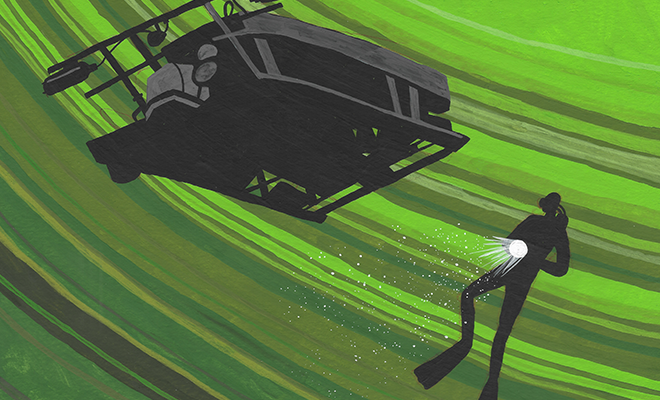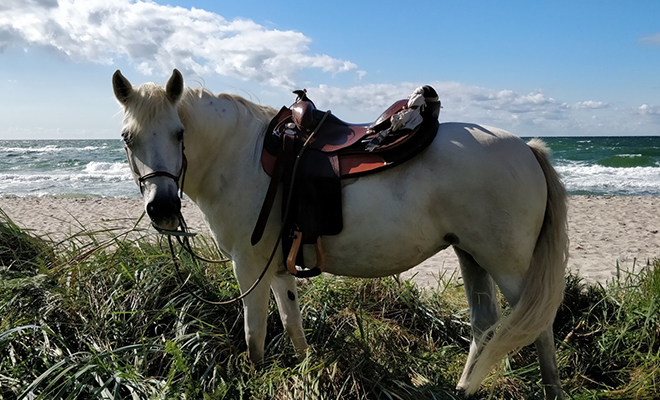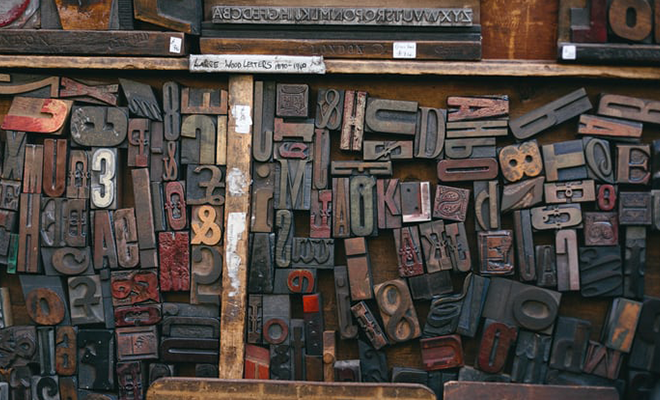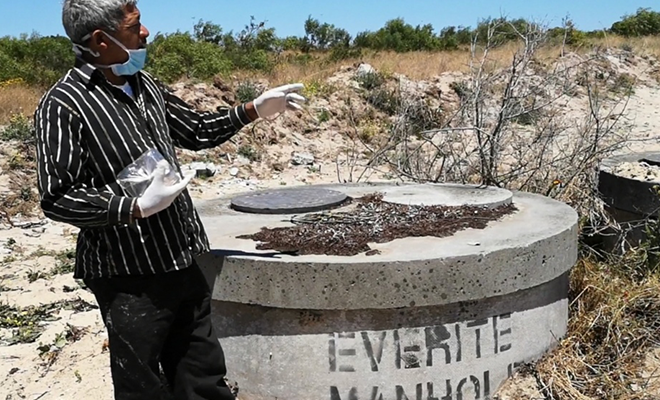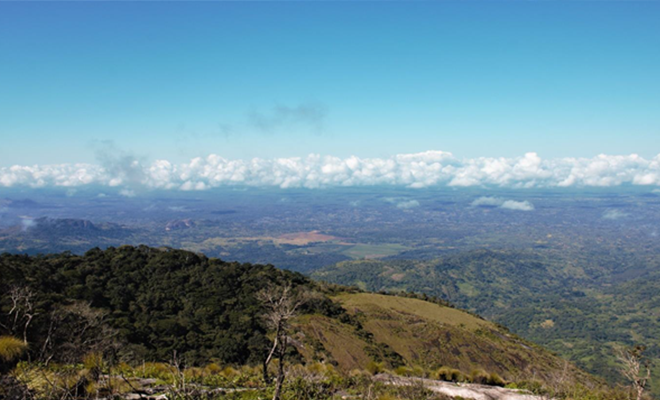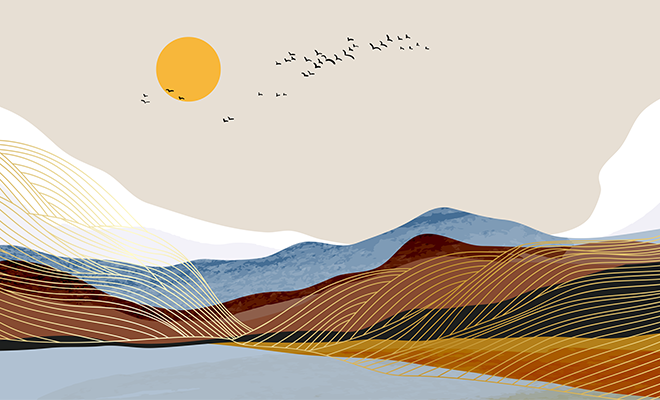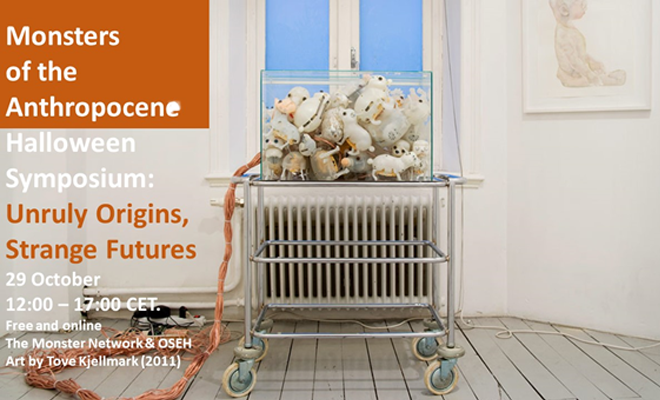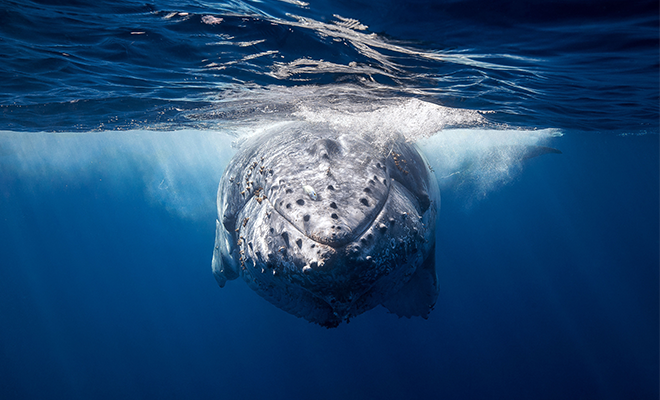Events - Page 4
In this talk, writer and diver, Ting. J. Yiu discusses her ecocritical creative practice through an aquatic lens. Centering diasporic displacement, she discusses how aquatic narratives and interspecies encounters are radical sites to subvert notions of citizenship, (re)negotiating identities, and contesting hegemonic environmental narratives.
Agential Matter is an artistic research project which examines performativity of algae, objects and bodies in instances of observation in scientific research, industrial production and artistic encounter. This talk by artist Sabine Popp is seen as an opportunity to (re)turn to a small shed at a landing station for harvested kelp as one of several places of hybrid coexistence.
In this talk, sustainability and tourism researcher Per Strömberg discusses the practices of ‘adaptive reuse’ of buildings as part of a cultural economy. He considers ‘reuse value’ is a cultural capital which is used as a rhetorical device in the discourse of sustainability and circular economy, but also, something that can be converted into economic capital in urban redevelopment.
This talk by contemporary historian Tirza Meyer will be a presentation of the project ‘Humanoid Oceans’ that seeks to explore the history of what happens to the oceanic environment when humans venture into the ocean with the help of technology.
In this talk, philosopher and veterinarian Kerstin Weich introduces how veterinary humanities contribute to current discussions on environmentality in biomedicine. Starring: Japanese fungus, veterinarians, tapeworms, horses and dung-feeding beetles in ecological turf wars.
Arne Naess' work and his philosophy, Deep Ecology, kick-started a global movement that put Nordic culture on the environmental map. What is his legacy today, and does it still have bearing in the epoch of the Anthropocene? Join us for a lively conversation around climate change, Nordic responses - and uncertainty. With Knut Ivar Bjørlykhaug and Martin Lee Müller, chaired by Gunnar Gjermundsen.
In this talk, poet and translator Kathleen Maris Paltrineri will discuss ecopoetic works published in Norway that push boundaries in form, language, and thought as they explicitly or implicitly address the ramifications of climate change. She will also draw on her translation experience to discuss how ecotranslation may invite innovative translation and creative writing practices and may be its own form of activism.
In this talk, environmental anthropologist Dr. Nikiwe Solomon explores how particular assumptions built into the design of infrastructure, as well as the bureaucratic and techno-managerial approaches used to build said infrastructure, often take for granted the social consequences of infrastructure’s day-to-day (mal)functioning.
New OSEH Associate Professor II, Michelle Bastian, will discuss her current fellowship project which will build connections with phenology, the study of lifecycle timing in plants and animals, and humanities research.
In this talk, anthropologist Anselmo Matusse introduces how the Mozambican state establishes extractivism in the country and its pernicious effects on people and landscapes on the ground.
How can we balance wilding agricultural land to increase biodiversity, while maintaining the cultural heritage within landscapes? Is it possible to prevent, halt and reverse the degradation of ecosystems, while restoring culture too? What issues are at stake in the UN Decade on Restoration?
What do the futures of monster theory hold? And what stories can we tell about its origins? ‘Unruly Origins, Strange Futures’ explores the pasts and futures of thinking with monsters through art, politics, storytelling and scholarship.
The Bionic Natures collaboratory is hosting a public talk by Mick Geerits and Arthur Gouillart, who will present their collaborative project Augmented Nature—a set of robotic tools designed to help animals survive the ongoing planetary mass extinction.
